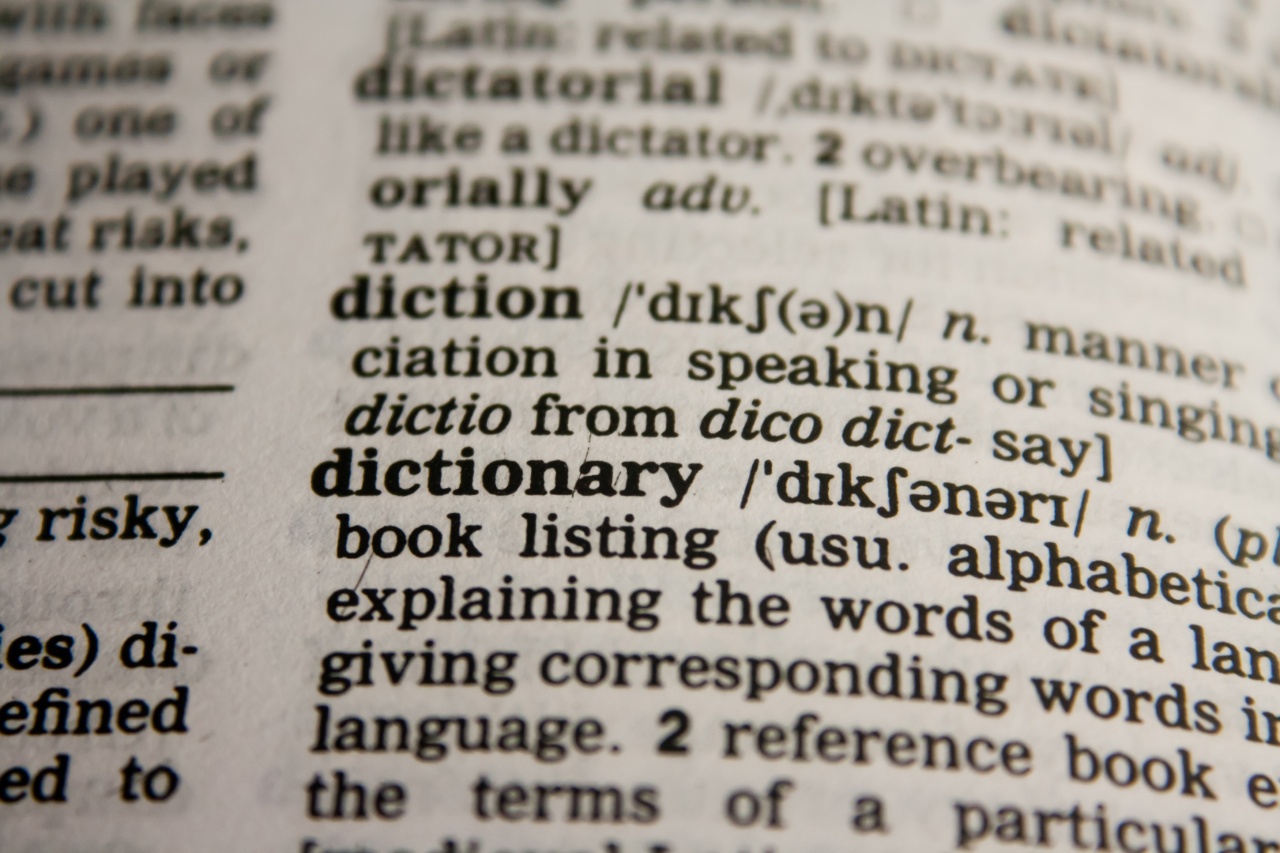Did you know that learning a foreign language can benefit your brain health and reduce the risk of dementia? Studies have shown that being bilingual or multilingual can enhance cognitive function and delay the onset of age-related cognitive decline.
In this article, we’ll explore the science behind these findings and the various ways you can start learning a new language today.
How Learning a Foreign Language Affects the Brain
Learning a new language involves more than just memorizing vocabulary and grammar rules. It requires your brain to constantly adapt and process new information, which can have significant benefits for your cognitive function.
Here are some of the ways in which learning a foreign language can affect the brain:.
1. Increased Cognitive Flexibility
Cognitive flexibility refers to your brain’s ability to switch between different tasks or thought processes. When you learn a new language, you have to constantly switch between different vocabulary, grammar rules, and sentence structures.
This can enhance your brain’s ability to adapt and think creatively, which can benefit a variety of cognitive tasks.
2. Improved Memory
Learning a new language requires you to memorize new vocabulary words, verb conjugations, and grammatical structures. This can improve your brain’s memory capacity and make it easier for you to remember other types of information as well.
3. Enhanced Decision-Making Skills
Learning a new language can also improve your ability to make decisions by providing you with new perspectives and enhancing your cognitive flexibility.
This can be especially useful in situations where you need to weigh different options or consider multiple angles.
4. Delayed Cognitive Decline
Studies have shown that being multilingual can delay the onset of age-related cognitive decline and reduce the risk of developing dementia.
This is because speaking multiple languages requires your brain to constantly adapt and process new information, which can help keep it active and engaged as you age.
How to Start Learning a New Language
If you’re interested in reaping the brain health benefits of learning a new language, there are many different methods you can try. Here are some popular options to consider:.
1. Take a Course
One of the most structured and effective ways to learn a new language is by taking a course. You can find language courses at community colleges, language schools, or online platforms like Duolingo or Rosetta Stone.
Many courses will provide you with grammar and vocabulary exercises, as well as conversation practice with a teacher or other students.
2. Use Language Learning Apps
Language learning apps are a convenient and affordable way to learn a new language on-the-go. Apps like Duolingo, Babbel, and Memrise provide users with interactive exercises and games to help them learn new vocabulary and grammar rules.
Many apps also offer conversation practice and language exchange features.
3. Watch TV Shows and Movies in the Target Language
Another fun and immersive way to learn a new language is by watching TV shows and movies in the target language. This can help you improve your listening and comprehension skills, as well as expose you to different accents and slang words.
You can start by watching with subtitles in your native language and gradually switch to subtitles or no subtitles at all.
4. Practice with Native Speakers
One of the best ways to improve your language skills is by practicing with native speakers. You can find language exchange partners on websites like Conversation Exchange or Tandem, or join local language meetups in your city.
Practicing with native speakers can help you improve your pronunciation and learn new slang words and cultural nuances.
The Bottom Line
Learning a new language can benefit your brain health and reduce the risk of dementia. By constantly adapting to new information, your brain can become more flexible, creative, and resilient.
If you’re interested in learning a new language, there are many different methods you can try, from taking a course to using language learning apps to practicing with native speakers. Whatever method you choose, make sure to stay consistent and enjoy the learning process!.






























